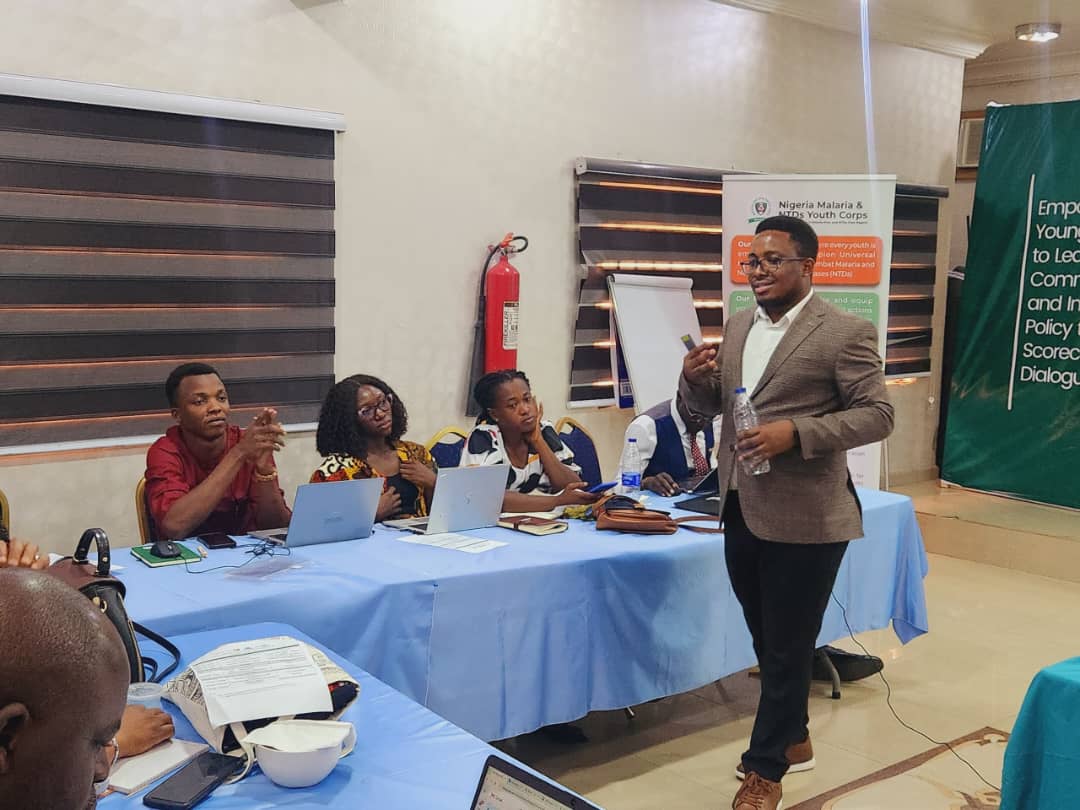Stakeholders seek youth participation in fight against malaria


Stakeholders from the health sector have called on Nigerian youth and women to join the fight against malaria in the country.
They made the call on Saturday at an engagement meeting in Abuja organised by the African Leaders Malaria Alliance in collaboration with The Global Fund and Malaria and NTDs Youth Corps.
Welcoming participants to the event, Aloyce Urassa of the African Leaders Malaria Alliance cited statistics from the World Health Organisation, which described Nigeria as the leading country in malaria infection with over 25 per cent death rate.
He called on Nigerians, regardless of status, to team up in the global fight for the eradication of malaria.
He said, “ALMA is doing amazing work in terms of providing malaria services and advocacy and using many means, including sports, to communicate with the communities to wage war against malaria.
“The fight against malaria is faced with many challenges, including climate change, financing, biological threats, including malaria drug resistance, and new mosquito species that have been discovered in several countries.
“There are also humanitarian crises in some parts of Africa, including South Sudan. We have an increased number of immigrants and refugees, and conflict in Sudan.
“But we can work together as women and youth to increase the speed toward the attainment of zero malaria. Zero malaria starts with me; it starts with you, and it starts with all of us.”
Also speaking, a representative of the Federal Ministry of Health, Family Health Department, Chinyere Nkobie, said there was a need to interrogate why, despite the huge resources deployed to address malaria, the disease is still on the rise.
Chinyere, who works at the Gender Adolescent School Health and Elderly Care Desk, said, “We are trying to introduce the gender perspective into malaria interventions. I think it is a good thing because it is going to give us insight into why, of all the interventions in malaria that we’ve been doing in Nigeria, it seems we are not doing enough.
“When we begin to look into the gender aspect of it, we will begin to see why the people who need those interventions, particularly the women and children, are not accessing them.
“When we look at why the women and children are not accessing these goods, we will begin to redirect our interventions to bridge that barrier. There are gender norms and cultural factors preventing women from accessing healthcare.”
Representative of the Nigeria End Malaria Council, Beeve Hua lauded the initiative, saying, “Bringing the gender component of this fight against malaria is a step in the right direction. Together, we are going to harness the energy of the youth to ensure that malaria becomes a thing of the past.”
Recent Posts
BREAKING: Court declares Obasa’s removal as Lagos speaker illegal
The Lagos State High Court in Ikeja has declared the removal of Mudashiru Obasa as…
Beware of scam texts, JAMB tells 2025 UTME candidates
The Joint Admissions and Matriculation Board has dissociated itself from the ongoing circulation of false,…
Football mourns as Gabon striker Boupendza dies in tragic fall
Gabon international striker Aaron Boupendza died on Wednesday at the age of 28 when he…
Emergency rule: Reps panel awaits briefing on Rivers assignment
The House of Representatives’ 21-member Ad-Hoc Committee, constituted to oversee governance in Rivers State following…
Oil slump, Trump tariffs put Nigeria’s economy at risk — FG
The CEO of the Nigerian Midstream and Downstream Petroleum Regulatory Authority, Farouk Ahmed, says the…
Many feared killed as herders renew attacks on Benue community
Panic gripped residents of Otobi community in the Akpa district of Otukpo Local Government Area…